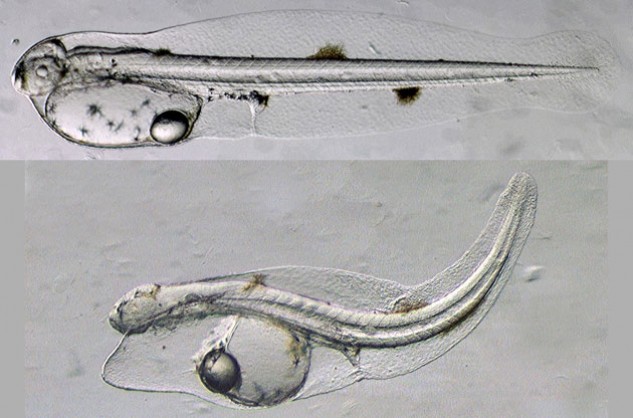By Elizabeth Devitt, Bay Nature
When the Cosco Busan spilled oil into the S.F. Bay in 2007, the toxic toll on wildlife came as no surprise. More than 6,000 birds died after the spill, with grebes, cormorants, and murres among the hardest hit. Within two years, the herring population collapsed, too. The cause of death for the oil-coated birds seemed obvious. But the way the fish died was not as clear.
Scientists suspected the fish had heart problems. After other oil spills, scientists had seen fish with barely beating hearts. But until about a month ago, no one knew why.
Now, seven years after the Busan spill, a group of scientists led by Barbara Block at the Hopkins Marine Station in Monterey have discovered the exact chemical pathway that makes oil such an insidious toxin – and it has implications beyond fish health to humans as well.
Read the complete story at Bay Nature.










